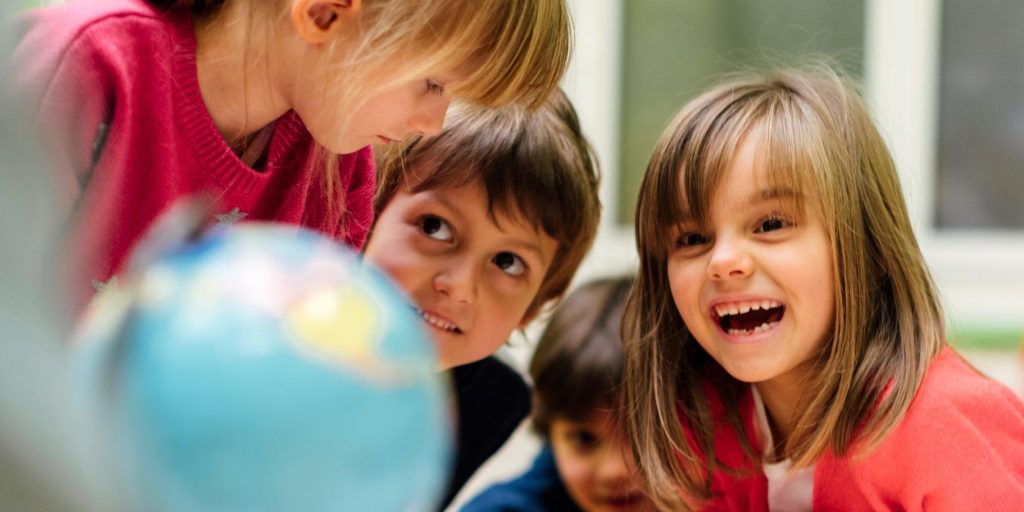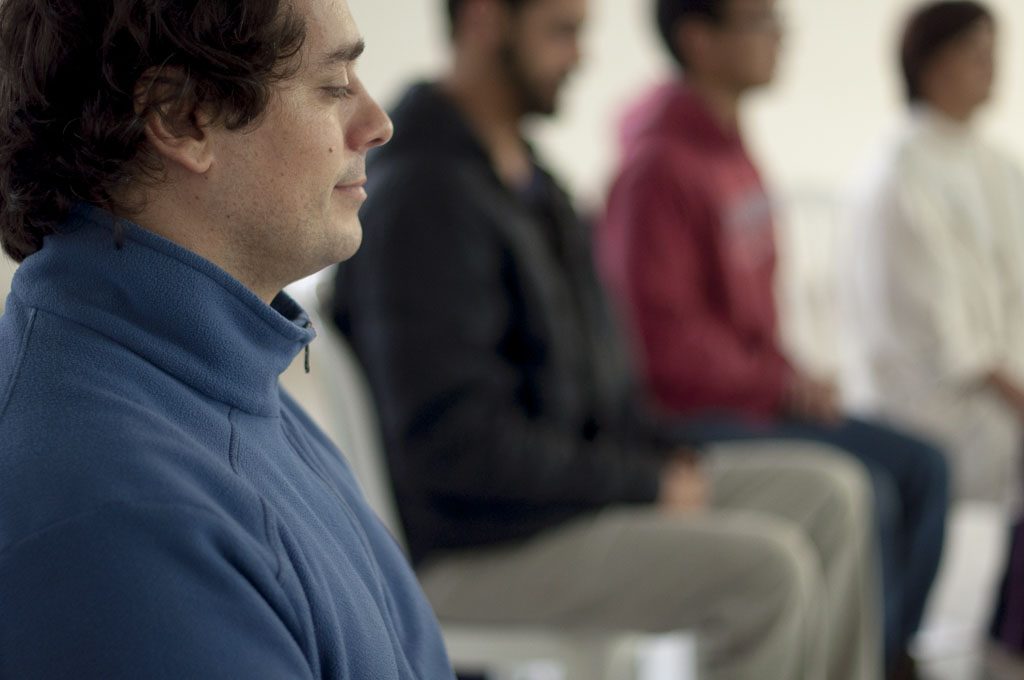07 Aug 2019 | Articles
The future and our children
In order to understand the challenges of the education of the future, it is necessary to consider the complexity of the present moment and to highlight the pressures of the changes never seen by humans.
We are experiencing unprecedented revolutions. The speed of change is so great that today we do not know how the future will be, how we will survive professionally, how we are going to prepare our children to face the challenges of 2050. We do not know the world that we will have in thirty years from now. Evaluations based on recent history, and on current realities, state that there will be more changes in the next thirty years than we have had in the last two hundred years. The speed of change is so alarming that it can paralyze us when we are faced with new unknown paths.
Two hundred years ago, we had no radio, television, and very little access to public libraries. Therefore, in the past, in the educational context, offering information to another was extremely important. This is no longer true today. There is information everywhere, coming from all sides, all the time. Prioritizing information to students, in the present educational processes, is obviously unnecessary. They already have it in excess. There is no certainty that the content offered to children today will have any use in 2050.
On the other hand, most schools still focus on the technical skills, the mathematical and logical reason, the linguistic and the memory. We are not taking into account the development of new codes and logical applications, created for calculations, as well as the “translators” that will enable communication in all languages, faster than we can imagine.
The acceleration of change is so significant and radical that we are anticipating not only changes in the economy and in work, but also in human nature itself. The psychic and cognitive structures may change and, as a consequence, how we feel, think, and act in the world. Biotechnology, cybernetics, and implants will modify our bodies and we will have new sensory experiences. The education of today cannot ignore this tsunami of change.







